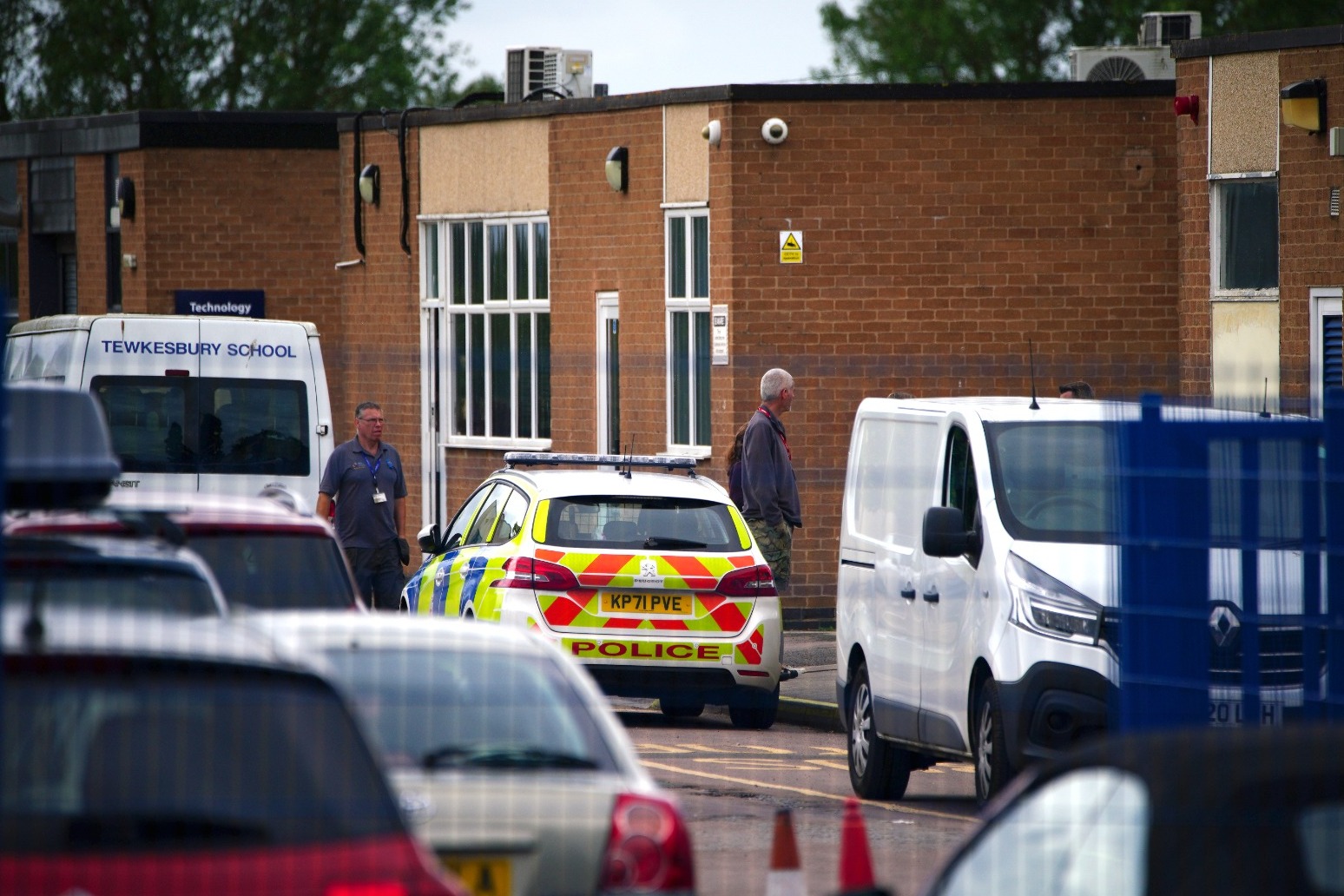
Home Office failings causing ‘significant costs’ to emergency services – report
Britain’s blue light services are facing “significant costs” because of Home Office failures with a scandal-hit project for a new communications system, MPs have warned.
The proposed new Emergency Services Network (ESN), first announced in 2015, was supposed to have replaced the ageing Airwave system for police, fire and ambulance services in England, Scotland and Wales, by 2020.
But the Government still does not know when the replacement network will be ready, despite already spending £2 billion on the project, the Commons Public Accounts Committee (PAC) said.
In findings published on Friday, the group of MPs concluded the continued delays with the roll-out meant emergency services were facing “financial pressures as a result with no specific mechanism put in place by Government to help them bear these extra costs.”
So far the project had not “delivered anything substantial or reduced any risks”, the committee added.
PAC chairwoman Dame Meg Hillier said: “The ESN project is a classic case of optimism bias in Government.
“There has never been a realistic plan for ESN and no evidence that it will work as well as the current system.
“Assertions from the Home Office that it will simply ‘crack on’ with the project are disconnected from the reality, and emergency services cannot be left to pick up the tab for continued delays.
“With £2 billion already spent on ESN and little to show for it, the Home Office must not simply throw good money after bad.”
She called for a “clear direction” to be established for the project but added: “ESN raises wider issues on the approach to public procurement. The Home Office told our inquiry that it admits the commercial approach taken with ESN is suboptimal, but will be pursuing it regardless.
“New risks will be created if it now rushes procurement or delivery as it searches for a replacement main contractor.
“The risks of outsourcing services must be better managed, as the Government is still accountable for value for money when it does so.”
In its report – the committee’s fourth into the delayed programme – the Home Office was accused of appearing “complacent in its confidence that it could reduce the risks to the project, and its optimism appears disconnected from the reality of its performance to date and the challenges ahead.”
Only “limited” progress can be made until the department finds a new supplier in the wake of Motorola’s departure from the project, the MPs said as they called on the Government to come up with a plan by the end of 2023.
Telecoms company Motorola, which provides Airwave, was originally contracted to provide elements of ESN, but in 2021 the Home Office wrote to the Competition and Markets Authority (CMA) expressing concern its profits from Airwave were “excessive” and acted as a disincentive for completing ESN on time.
After an initial estimate by the CMA that the company stood to make “super-normal profits” of £1.1 billion, Motorola told the Home Office it may not continue as a supplier to ESN beyond 2024 amid fears it could be forced by the CMA to sell Airwave.
At the end of 2022, the Home Office agreed to end the contract early, paying Motorola £45 million, taking the total spent with the company on the project to more than £300 million even though it does not expect to be able to use any of its critical software or systems.
A Home Office spokeswoman said: “The Home Office and Motorola mutually agreed to terminate the contract to provide services for the Emergency Services Network last December. We have agreed that Motorola will provide some services for twelve months following this date.
“The Home Office is making good progress in procuring a new user services supplier.”
Published: by Radio NewsHub